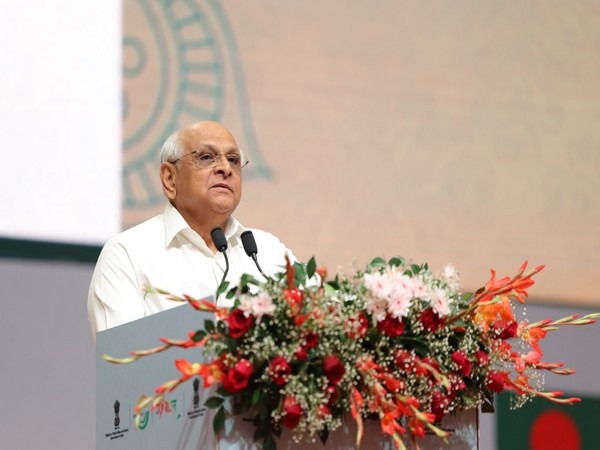Andhra cabinet approves proposal to launch second phase of Jagananna Arogya Suraksha from January 1
Dec 16, 2023

Amaravati (Andhra Pradesh) [India], December 16 : The Andhra cabinet, led by Chief Minister YS Jagan Mohan Reddy, approved a proposal to launch the second phase of Jagananna Arogya Suraksha from January 1.
Free medical treatment under YSR Aarogyasri has also been enhanced to Rs 25 lakh, making it applicable to all who have an annual income of up to Rs 5 lakh.
"Andhra Pradesh Cabinet has approved the proposal to launch the second phase of Jagananna Arogya Suraksha from January 1 and enhance the free medical treatment limit under YSR Aarogyasri to Rs. 25 lakhs and make it applicable to all who have an annual income up to Rs. 5 lakhs so that 90 per cent of the families would benefit," the Chief Minister's Office (CMO) stated in an official release.
The CM will launch the enhanced beneficial Aarogyasri scheme and distribution of new Aarogyasri cards on December 18, the release added.
"The Cabinet also approved the proposal to pay Rs. 300 towards charges for patients who visit hospitals again for re-consultation after undergoing treatment under Arogyasri and make door delivery of WHO standard medicines to all who undergo treatment. People will also be asked to download the Aarogyasri App and health teams with the help of secretariat staff," the CMO stated further in its release.
The cabinet has also decided to enhance the monthly social pension from Rs. 2750 to Rs. 3000 from January 1.
"It has also decided to enhance the monthly social pension from Rs. 2750 to Rs. 3000 from January 1 and distribute Rs.6394 crores towards the fourth and last tranche of YSR Asara from Jan 10 to 23 and YSR Cheyuta to the beneficiaries from January 29 to February 10. The hiked pensions would be distributed from January 1 to 8," the release added.
The 'YSR Aarogyasri' scheme was launched by the CM in January 2020 as a pilot project in the West Godavari district, with the state promising to cover treatment costs for 2,059 ailments.
While only 1,059 procedures were provided during the previous government, the state government increased them to 2,059, later making a further upward revision to 2,200, including the cancer care procedures.


















